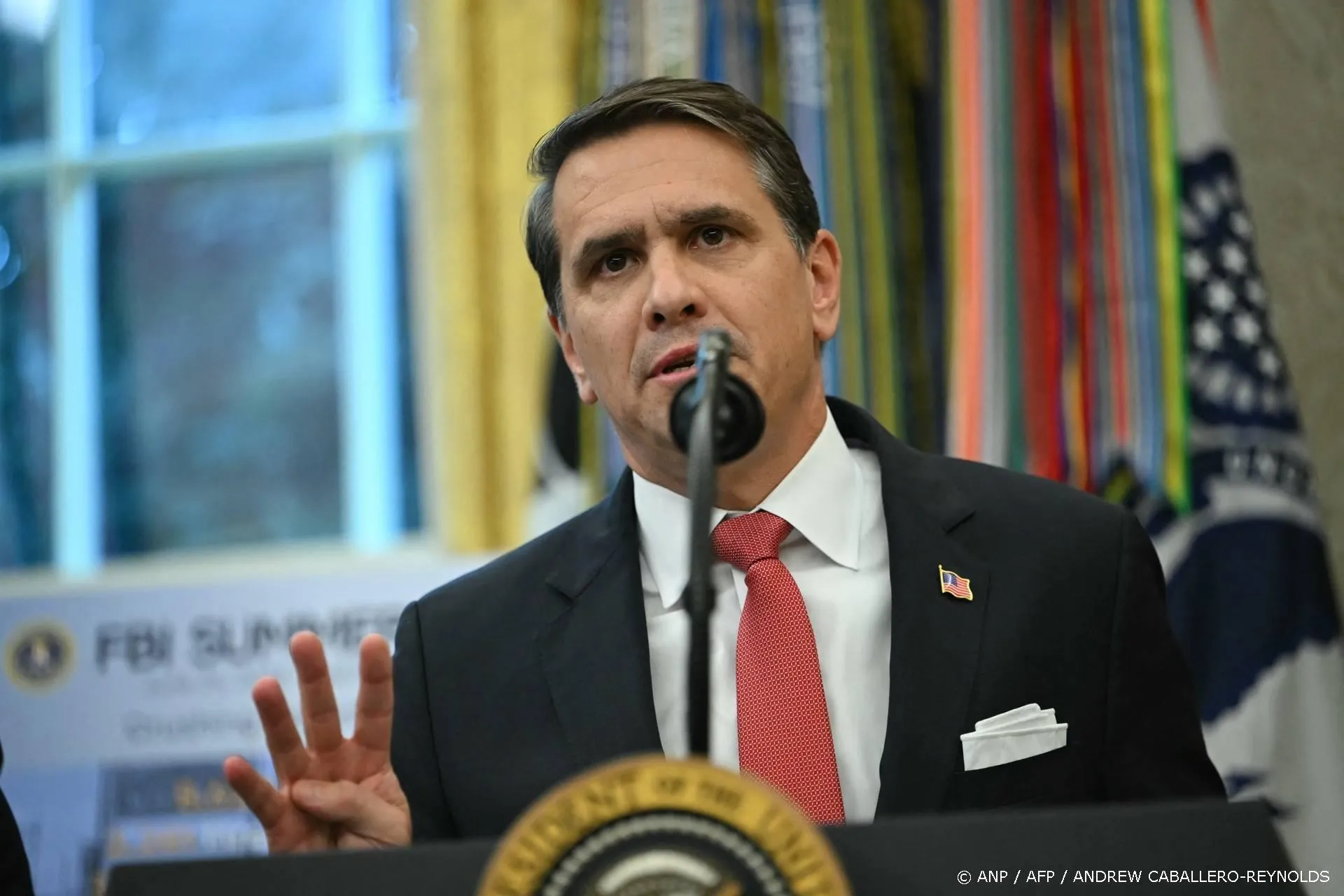Verrassing! Obama ontdekt schaliegas!
Obama staat bekend als voorvechter van duurzame (maar vooral dure) energie. Waarom? Twee hoofdargumenten: de vermeende fossiele brandstoffenpiek en de redding van het klimaat. Zoals ik al zo vaak heb betoogd, gaan beide argumenten niet op.
Nu de verkiezingen naderen, lijkt de Amerikaanse president echter ontvankelijker te zijn geworden voor de wensen van het Amerikaanse volk, dat de voorkeur geeft aan betaalbare energie. En - verrassing, verassing Obama blijkt nu schaliegas te hebben ontdekt als veelbelovende energiebron.
In een redactioneel commentaar in de Wall Street Journal werd daarover het volgende gerapporteerd:
A re-election campaign is a terrible thing to waste, and this year's race is already producing miraculous changes at the Obama White House: The latest example of a bear walking on its hind legs is the President's new embrace of ... natural gas from shale.
Last week the White House issued its latest report on jobs and it includes a section on "America's Natural Resource Boom." The report avers that a few years ago there were widespread "fears of a looming natural gas shortage," but that "the discovery of new natural gas reserves, such as the Marcellus Shale, and the development of hydraulic fracturing techniques to extract natural gas from these reserves has led to rapidly growing domestic production and relatively low domestic prices for households and downstream industrial users." ...
To the best of our knowledge, this is the first time the White House has favorably mentioned the Marcellus Shale, the natural gas reservoir below Pennsylvania, West Virginia and other Northeastern states. And now he's taking credit for this soaring production. As the White House report puts it: "Of the major fossil fuels, natural gas is the cleanest and least carbon?intensive for electric power generation. By keeping domestic energy costs relatively low, this resource also supports energy intensive manufacturing in the United States. In fact, companies like Dow Chemical and Westlake Chemical have announced intentions to make major investments in new facilities over the next several years."
It's certainly smart politics for Mr. Obama to distance himself from the anti-fossil fuels obsessives, and no doubt his political advisers are hoping it helps this fall in the likes of Ohio and Pennsylvania. On the other hand, this could be a one-year wonder, and if he wins Mr. Obama might revert to form in 2013. A good test of his sincerity would be to replace Ms. Jackson and Mr. Salazar.
Lees verder hier (moet voor worden betaald).
In de VS heeft schaliegas al tot drastische verlagingen van de elektriciteitsprijs geleid. Daardoor zijn niet alleen investeringen in duurzame energie onaantrekkelijk geworden, maar ook in kolen en kernenergie.
Onder de titel, 'Shale Boom Cuts Electricity Prices By Half', rapporteren Julie Johnsson and Mark Chediak daarover:
A shale-driven glut of natural gas has cut electricity prices for the U.S. power industry by 50 percent and reduced investment in costlier, green sources of energy. With abundant new supplies of gas making it the cheapest option for new power generation, the largest U.S. wind-energy producer, NextEra Energy Inc. (NEE), has shelved plans for new U.S. wind projects next year and Exelon Corp. (EXC) called off plans to expand two nuclear plants. Michigan utility CMS Energy Corp. (CMS) canceled a $2 billion coal plant after deciding it wasnt financially viable in a time of low natural-gas prices linked to expanded shale-gas supplies, according to a company statement.
Lees verder hier.
Maar Europa profiteert nog niet van de Amerikaanse schaliegasbonanza. Onder de titel, 'Europe Can Only Envy U.S. Gas Miracle From Sidelines', rapporteert James Herron in 'The Wall Street Journal':
In the U.K. last week, politicians hailed the good news as utilities cut a meagre 5% from their customers sky high gas bills. Meanwhile, in the U.S., natural gas has become so abundant and the price so low that a company in Texas was burning the stuff off as a waste product. In an age where ships carry liquefied natural gas from one side of the globe to the other, surely Europe should expect to see some benefit from this situation? Sadly, the answer is: Not any time soon. ...
So why is nobody in the U.S. putting their gas into tankers and exporting it to the U.K.? Its because, operators [LNG] conceived of or constructed terminals at a time when it seemed that the U.S. would need increasing imports, said JPMorgan analysts in a research note. The shale revolution literally changed the gas market overnight, but not the gas infrastructure, which still cannot export.
The U.S. and its bargain prices are essentially cut off from the rest of the world. A number of companies are looking at converting their idle LNG import terminals for export, but that will take until 2015 at the earliest.
If Europe must wait before it can share in the U.S. gas bonanza, could it create a boom of its very own? That also seems unlikely. To be sure, there are promising shale resources in Europe. In the U.K., Cuadrilla Resources believes it may be sitting on 200 trillion cubic feet of shale gas, enough to meet domestic demand for 64 years. However, within hours of the discovery, environmental groups began campaigning to halt shale gas drilling in the U.K., arguing that it is dangerous and polluting.
Recent confirmation that, as it tapped the shale rock in the north of England, Cuadrilla triggered a number of small earth tremors has also spooked locals.
The company met with fervent opposition at a recent town hall meeting near another of its licences in southern England where it also hopes to explore for gas.
France has already banned shale gas drilling and its oil company Total is spending its money in the U.S. Poland seems to be the only country in Europe embracing it, although early drilling results there have been mixed.
Opposition to shale drilling is also growing in the U.S., but in some parts of Europe it threatens to strangle the industry at birth. These considerable hurdles mean the status quo is likely to prevail in Europe for some time. ...
Lees verder hier.
Dat is heel jammer want de Europese economie heeft zeker in de huidige crisis grote behoefte aan een flinke opkikker.
Voor mijn eerdere DDS-bijdragen zie:
Ga verder met lezen
Dit vind je misschien ook leuk
Laat mensen jouw mening weten
Lees ook
Loading


